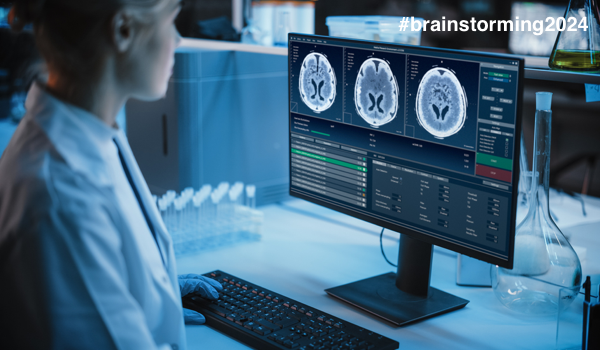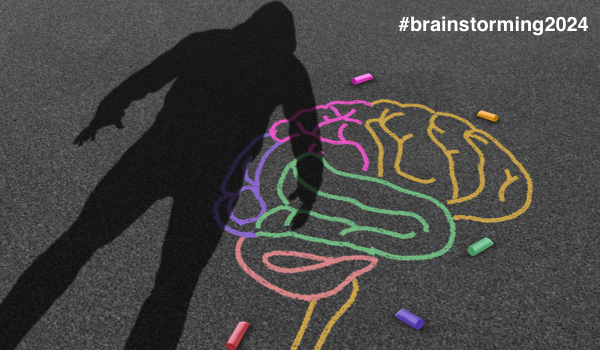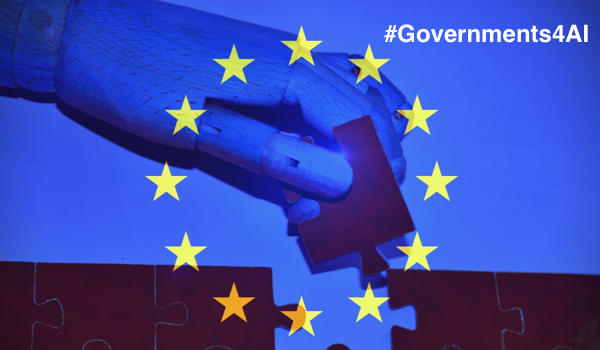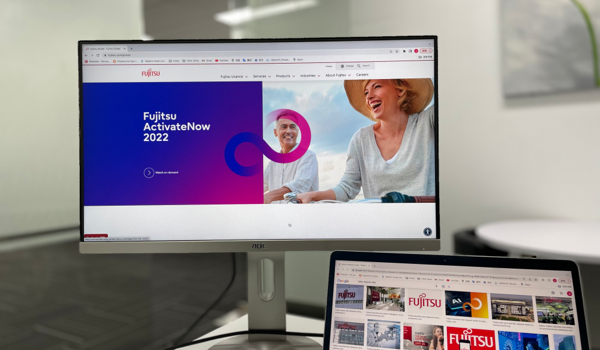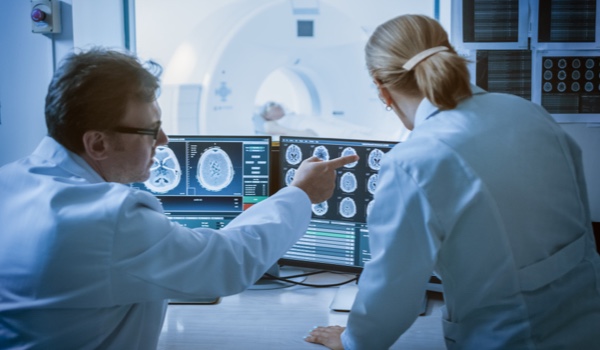


BERLIN - The future potential of Artificial Intelligence (AI) technologies in the healthcare industry is limitless.[1] AI in healthcare is focused on analyzing patient health data to recommend more accurate diagnoses, accelerate medical research and development, offer health tips, and much, much more.
Healthcare providers, insurance companies, biopharma and other relevant organizations not only store typical consumer data, such as demographics, preferences, and the like, but they add other health concerns relevant to a patient’s healthcare file, such as previously recorded treatments and symptoms.
This practice has raised many ethical questions about healthcare data storage and data security issues as well as algorithmic decision-making. These questions deserve a look in three dimensions: data ethics, algorithm ethics and usage ethics.
Data Ethics
As long as a patient’s personal data is collected, the concept of informed consent is one of the most needed and immediate challenges to integrating the clinical use of AI. When is the best time to ask patients for consent to use and analyze their health data and how to document that data and make it transparent? AI healthcare chatbots and other health apps, as well as smart wearable appliances, have become prevalent in everyday society, which raises questions for bioethicists about user agreements and changing the tendency of informed consent.
Privacy issues, as a part of informed consent, have stressed many companies and regulators. In 2017, the UK Information Commissioner’s Office (ICO) ruled that the Royal Free NHS Foundation Trust breached the UK Data Protection Act 1998 by providing pers
The content herein is subject to copyright by The Yuan. All rights reserved. The content of the services is owned or licensed to The Yuan. Such content from The Yuan may be shared and reprinted but must clearly identify The Yuan as its original source. Content from a third-party copyright holder identified in the copyright notice contained in such third party’s content appearing in The Yuan must likewise be clearly labeled as such. Continue with Linkedin
Continue with Linkedin
 Continue with Google
Continue with Google







 3108 views
3108 views



